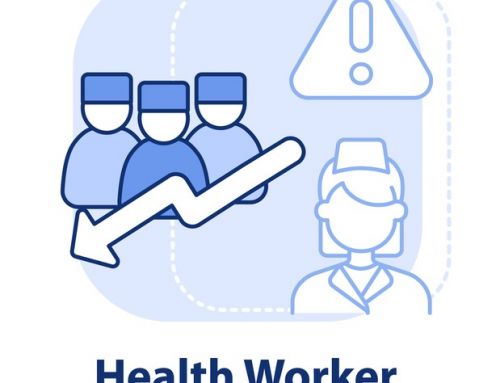April is National Minority Health Month, an issue of vital importance for dialysis patients since even greater health disparities are reflected in the dialysis patient community. For example, African Americans are 3.5 times more likely to develop kidney failure than non-Hispanic white Americans, Hispanic Americans are 1.5 times more likely and Native Americans are 1.7 times more likely. Asian Americans are also more likely to develop kidney failure. Click here to urge your Members of Congress to co-sponsor the Chronic Kidney Disease Improvement in Research and Treatment Act (S. 598 and H.R. 1130), which includes a key provision supporting research on kidney health disparities.
The major risk factors for chronic kidney disease (CKD) also disproportionately affect minority communities. These risk factors include high blood pressure, obesity, a family history of kidney disease and diabetes. Compared to non-Hispanic whites, the risk of diagnosed diabetes is 18% higher among Asian Americans, 66% higher among Hispanics, and 77% higher among African Americans.
Health disparities are also apparent in the kidney transplant system. According to the Organ Procurement Transplantation Network, the median wait time for non-Hispanic white Americans to receive a kidney is 1,310 days. However, the average wait for African Americans is 1,831 days and for Hispanic Americans it is 2,011 days.
If you did not contact your Members of Congress in March, now is the time to do so. By clicking here you can urge your Members of Congress to co-sponsor the Chronic Kidney Disease Improvement in Research and Treatment Act (S. 598 and H.R. 1130). This bill includes guidance to improve federal policy related to caring for individuals with CKD by addressing gaps in critical research. Some of this research would focus solely on kidney health disparities and how to address them.























